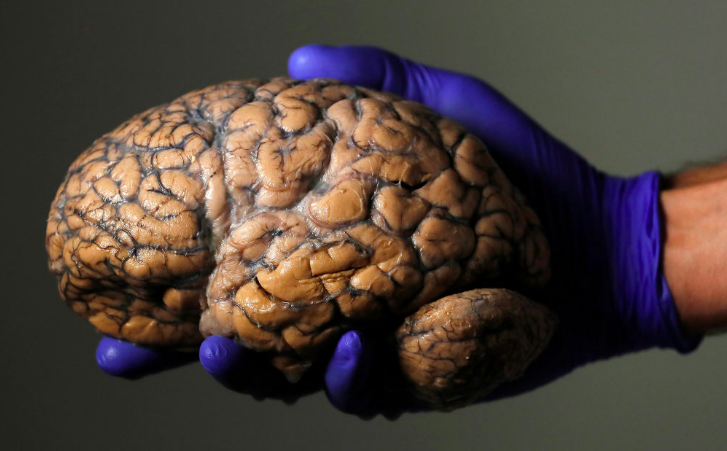
Humans, by nature, are creatures of habit. Some habits, such as exercising, are extremely beneficial to our overall mental and physical health. Other habits, however, could be causing irreversible damage to our brains. The following is a list of five daily habits that you may or may not be guilty of that negatively affect your brain.
1. Skipping Breakfast

Breakfast has always been considered the most important meal of the day, and there is a good reason why. Skipping breakfast can lower the body's blood sugar levels, and that can be extremely damaging to brain cells if done consistently.
The brain alone consumes nearly 20 percent of the total available glucose in your body. In fact, that is why most breakfast foods, such as pancakes, cereal, or muffins, have a tendency to be sweet. Without glucose, the brain will not have the energy to maintain and repair cells sufficiently, and thus, the brain will die at a rapid rate.
2. Not Getting Enough Sleep

We are all aware that a full night's sleep is very important. If we fail to get a sufficient eight hours, we feel sluggish, lazy, and even irritable. The fact is, our brains need adequate amounts of sleep for neurons to function properly. Sleep deprivation can lead to mental lapses, such as forgetfulness, and increases the likelihood of accidents occurring. Long bouts of sleeplessness, including insomnia, can make these effects permanent.
3. Overeating

Studies have shown a startling correlation between obesity and dementia. Although the reasons are still somewhat unclear, scientists believe a lack of nutrients in most commonly abused foods causes people to consume more than they should.
This lack of vitamins and minerals, paired with the mental and emotional stress of being overweight, can severely affect one's psychological capacity. A strong indication of obesity and dementia being connected lies in statistics that cover the last 25 to 30 years. Between 1990 and 2015, dementia diagnosis nearly doubled, reaching an astonishing 45 million patients. In that same period, US obesity rates jumped from just over 11% to nearly 31%. Scientists are still studying the link between the two, but it's rather obvious that they are in fact connected.
4. Smoking

It is well documented the damaging effects that tobacco smoke has on the lungs and respiratory system, as well as the cardiovascular system. However, the effect that smoking has on the brain is one of the major concerns as well.
Smoking damages cell membranes and neural viability in areas of the brain that are responsible for balance, coordination, and motor skills. Still, it's the cerebral cortex that may be damaged the most. It has been proven that smoking actually thins the cortex, the part of the brain responsible for language and memory. And although quitting smoking will allow for some of the cortex's thickness to restore, a smoker's cortex will never be as complete as that of someone who has never smoked.
5. Stress

Not all stress is necessarily bad for you. For example, situational stress can actually train your mind to respond in a beneficial or productive manner. Chronic stress, however, can be detrimental to the overall health of your mind and body.
When someone's everyday life is filled with stress, the hormone cortisol has a tendency to be overproduced and can leave a lasting mark on the brain. This actually causes the brain to shrink, and it's as simple as the smaller your brain is, the less you can learn.
It is imperative that we exercise good mental and physical health. The aforementioned habits, whether they all apply to you or just a couple, or none at all, will likely require a conscious effort to manage. Just remember, your brain is by far the most important organ in your body, and right now is the best time to start taking better care of it. Make time for sleep, eat breakfast, and find ways to relax.










